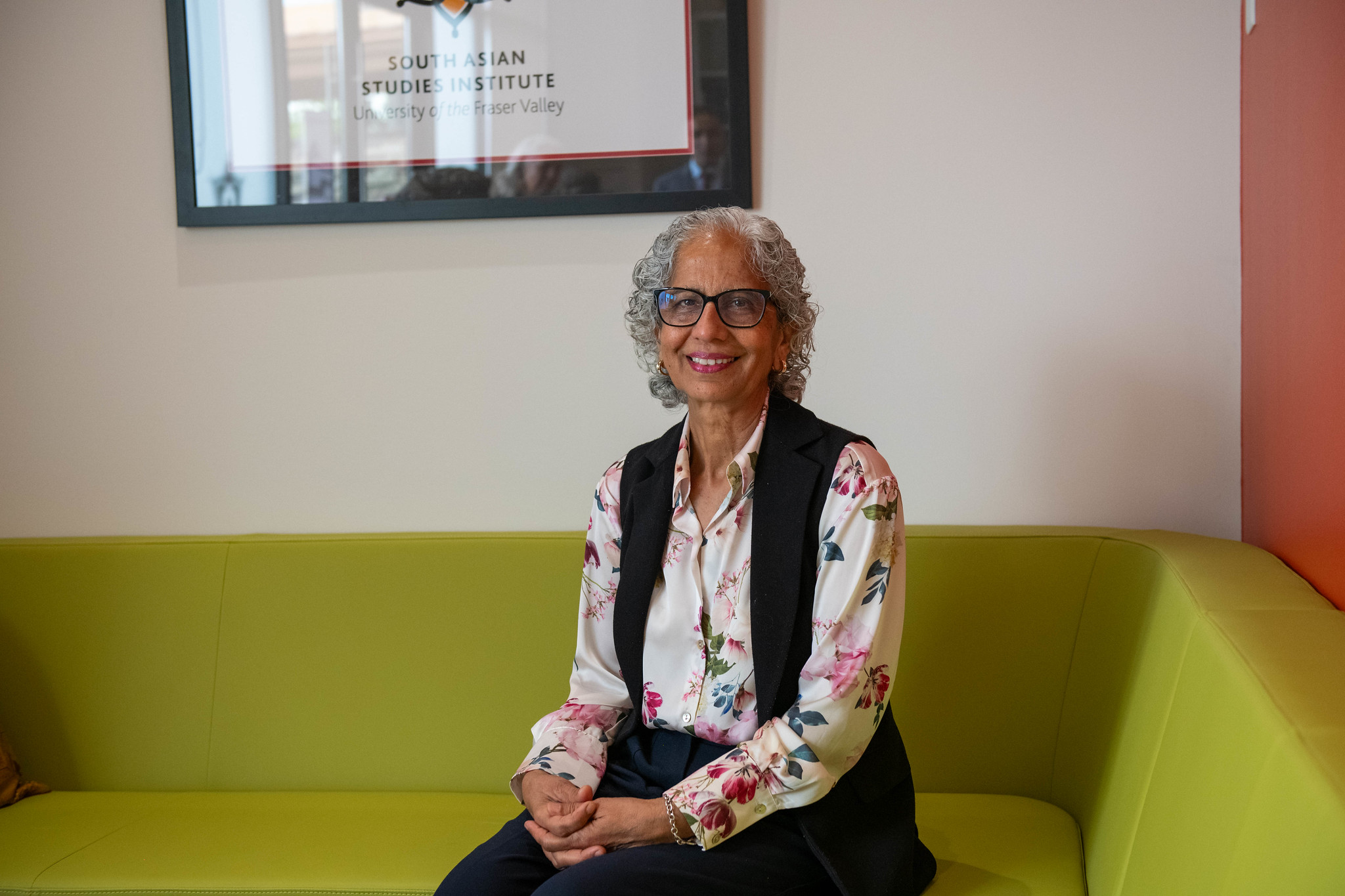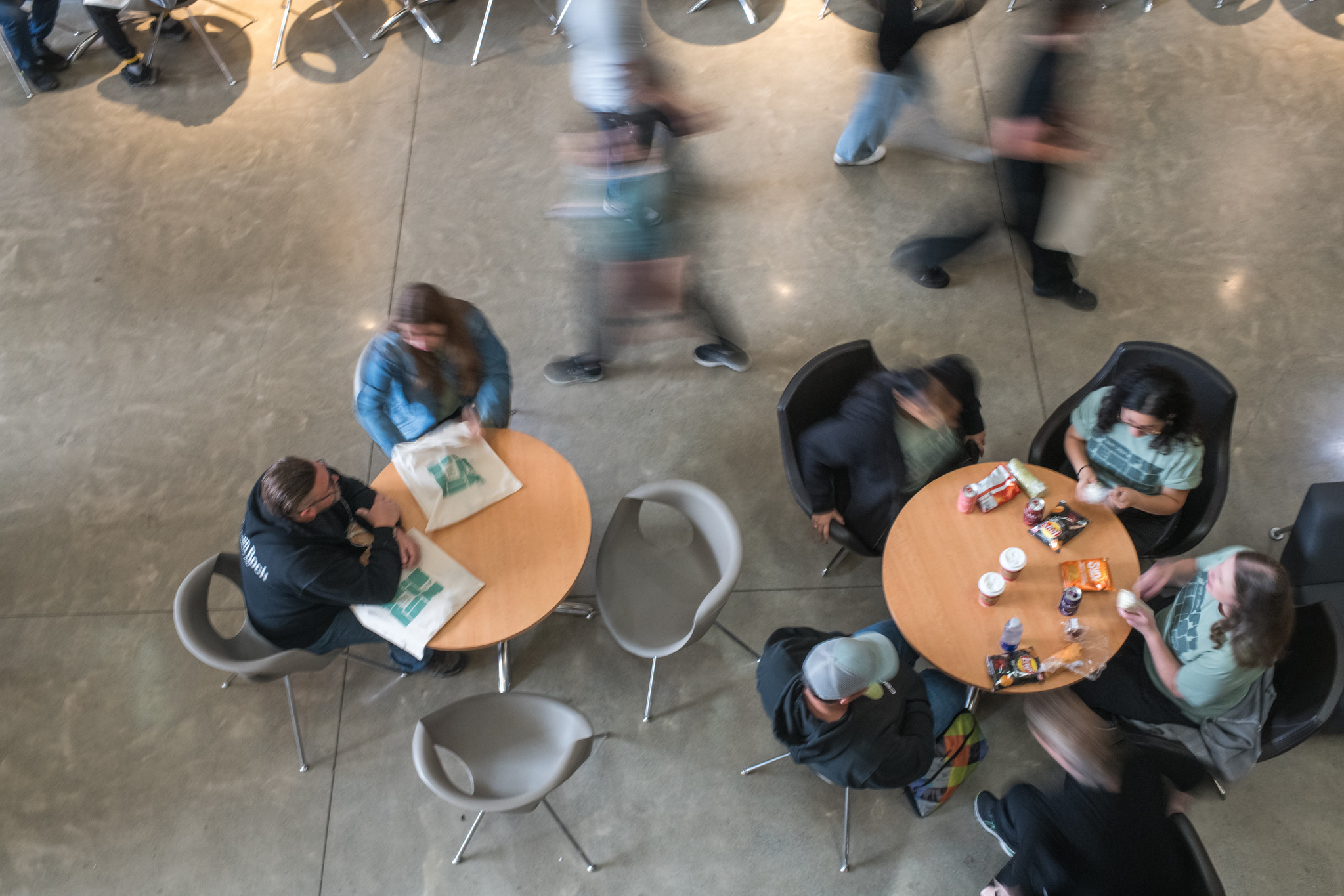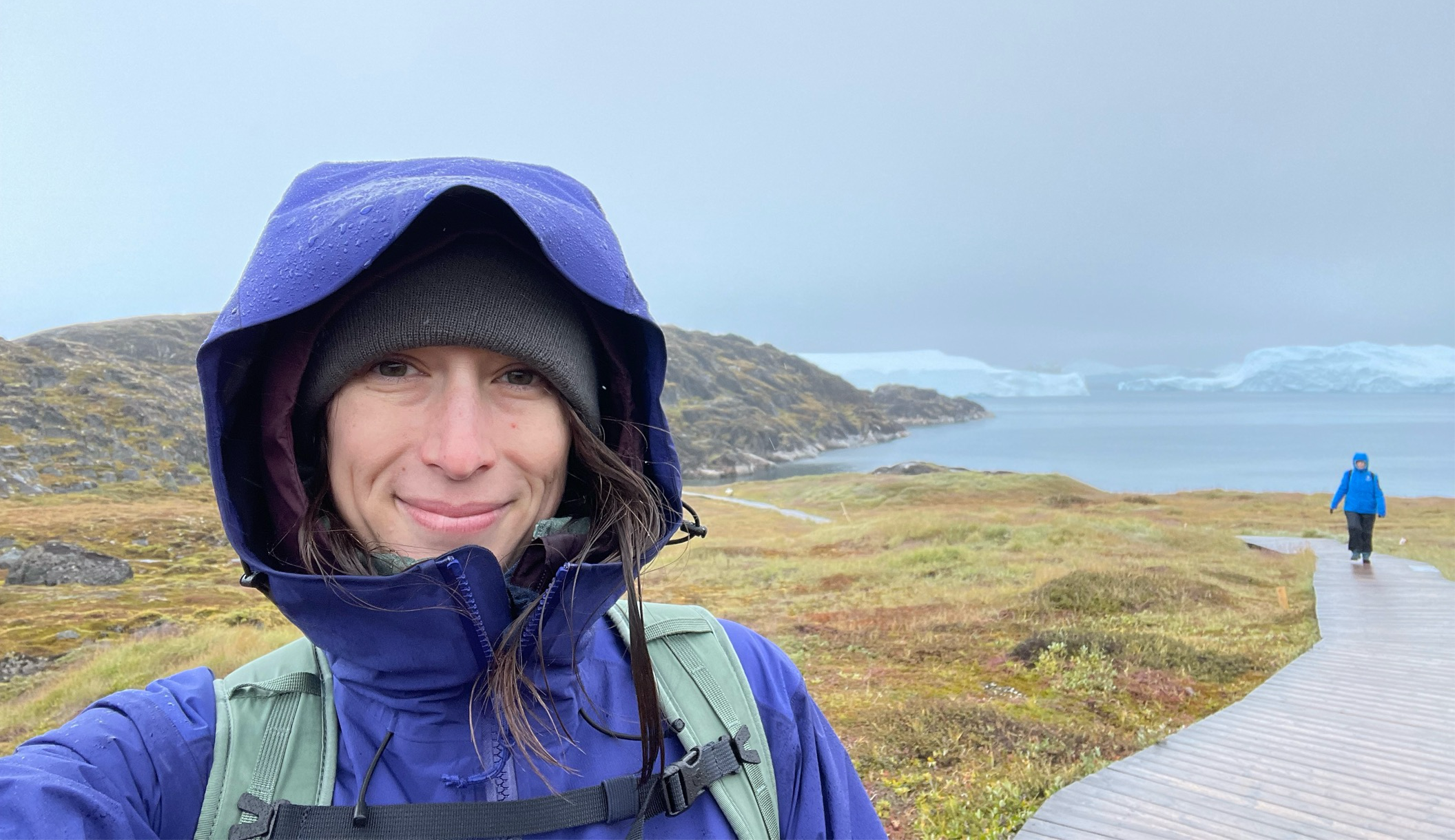UFV students to connect hospital patients to community resources

When you wind up in the hospital due to injury or disease, there’s more to your malady and chances for recovery than just genetics and lifestyle.
There are also the social determinants of health, such as food security, housing, education, physical security, and social supports.
A new service to be based at Abbotsford Regional Hospital will see UFV student volunteers helping to connect patients being discharged with community resources focused on those determinants.
Jena Kruckenberg and Mia Harries, two UFV students in Child and Youth Studies and Kinesiology respectively, are working together to launch the Resource Navigation program in partnership with the hospital and the Abbotsford Division of Family Practice, where both are also part-time employees.
“Health outcome is not just related to the medications prescribed to you,” notes Harries, who hopes to attend medical school. “Prevention is also important, or in the case of people being discharged from hospital, prevention of recurrence. If you intervene soon enough in areas related to determinants of health, you can make a real difference. There are many resources in our community available to people to help them with the social determinants of health, but people are not always aware of what’s out there for them.”
The Resource Navigation program will see UFV students from a range of disciplines volunteering in a kiosk in a new resource centre at the hospital where patients being discharged can access information about community resources.
“It’s a person-first approach to health care,” says Kruckenberg, who plans to be a hospital-based child-life specialist. “If the community can intervene soon enough in areas related to determinants of health, it might prevent further problems. We hope to point people in the right direction.”
“And our service will also provide a sympathetic ear as people leave the hospital,” said Harries. “Sometimes people just need someone to talk to, to hear their stories. That can be part of the process of recovery.”
The program will also benefit the student volunteers, who will come from a range of disciplines and be working toward careers in the healthcare system and related areas.
“One real benefit of this program for students will be its interdisciplinary nature. Just by working with Jena, I am learning about looking at the health care system through a child and youth care lens in addition to a kinesiology one,” says Harries. “The student volunteers will be able to share their academic knowledge with each other.”
The two organizers are receiving volunteer applications from students from many different disciplines.
“We are creating a care team made up of future doctors, nurses, and health care specialists,” said Kruckenberg.
“This will benefit them in their future careers as the health care system is embracing the model of allied health care teams more. We will be building our volunteers’ sense of empathy and understanding of what others in the system do, so that when they launch their career they are more aware of the system as whole,” Harries says.
It will also increase the student volunteers’ awareness of the range of social determinants of health.
“We wanted to make an impact on the healthcare system and to create a project specifically designed to address gaps,” notes Harries.
“And to focus on the patient’s whole family,” adds Kruckenberg.
This Resource Navigation program will have a soft launch in January, followed by a formal launch in April. The two student organizers are structuring the program in a way that their successors can take it over once they graduate this spring.
The Deans of Health Sciences and Professional Studies at UFV, Joanne MacLean and Tracy Ryder Glass, enthusiastically approved the project because it ties in so well with the focus on interdisciplinary, community-focused experiential learning opportunities that UFV is known for.
“Our professors do a great job of providing us with opportunities and supporting our ideas. They are genuinely invested in us,” says Harries. “My education has certainly been more robust because of the outside-the-classroom experiences that support our academic studies.”
“Going to a smaller university like UFV gives us more room to be innovative and involved,” said Kruckenberg. “The deans are actually willing to sit down with us and listen to our ideas.”
Harries and Kruckenberg were inspired by Michelle Favero, their supervisor at the Abbotsford Division of Family Practice (which represents local family physicians). She challenged them to take on a project to improve service to the community based on the determinants of health. They worked closely with the Abbotsford Food Bank to identify community resources to promote to patients being discharged.
“It is a pleasure to work with such ambitious students who are looking to support Abbotsford’s patients,” says Favero. “Their enthusiasm for participating in healthcare improvement by leveraging community resources fuels our ongoing work. We value being a small part of this innovation.”




